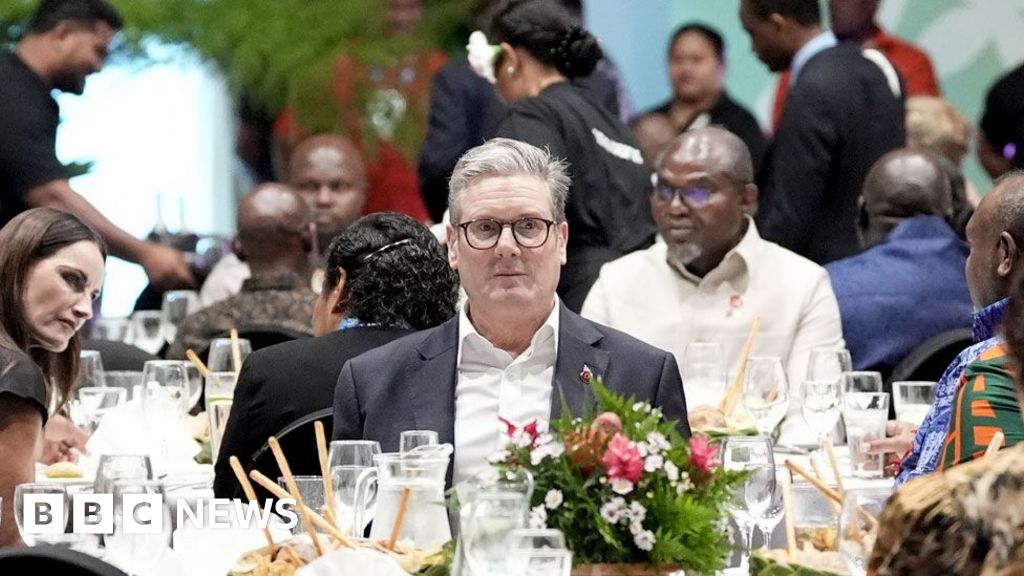World
Commonwealth heads of government to defy UK on slavery reparations

Last weekend the prime minister of the Bahamas, Philip Davis, used a visit by Foreign Office minister Baroness Chapman to tell her the fight for reparations was far from over.
Bahamas foreign minister Frederick Mitchell told BBC Radio 4’s Today programme: “The word is apologise, that’s the word.”
He said for the Commonwealth gathering, “it’s a simple matter – it can be done, one sentence, one line.”
Asked how much reparations should amount to, Mr Mitchell said it was not just a matter of money but of “respect, acknowledging the past was a wrong that needs to be corrected”.
He said member countries “want the conversation to start” but “there appears to be even a reluctance to have the conversation”.
Culture Secretary Lisa Nandy said the UK had heard calls for slavery reparations “loud and clear” but that prime minister was “right” to “focus on the future”.
A UK government spokesperson said they would not comment on the leak to the BBC, but added: “Reparations are not on the agenda for the Commonwealth Heads of Government meeting. The government’s position has not changed – we do not pay reparations.
“We are focused on using the summit at [the Commonwealth Heads of Government Meeting] to discuss the shared opportunities which we can unlock across the Commonwealth – including securing more economic growth.”
It is understood the Downing Street position – that reparatory justice is not on the agenda – while technically correct, has angered some Caribbean ministers when it was obvious the issue would be discussed at the summit.
BBC political editor Chris Mason said the tenor and tone of language from the UK government had contributed to “irritating even more” some members who might not have expected the UK to change its view and “suddenly start shelling out a lot of money”.
Sir Keir Starmer landed in Samoa late on Wednesday UK time, becoming the first sitting prime minister to visit a Pacific island nation.
Speaking to reporters en route, he said he wanted to discuss current challenges with Commonwealth leaders, especially climate change, rather than issues of the past.
“What they’re most interested in is, can we help them working with, for example, international financial institutions on the sorts of packages they need right now in relation to the challenges they’re facing,” he said.
“That’s where I’m going to put my focus – rather than what will end up being very, very long endless discussions about reparations on the past.
“Of course, slavery is abhorrent to everybody; the trade and the practice, there’s no question about that. But I think from my point of view… I’d rather roll up my sleeves and work with them on the current future-facing challenges than spend a lot of time on the past.”









